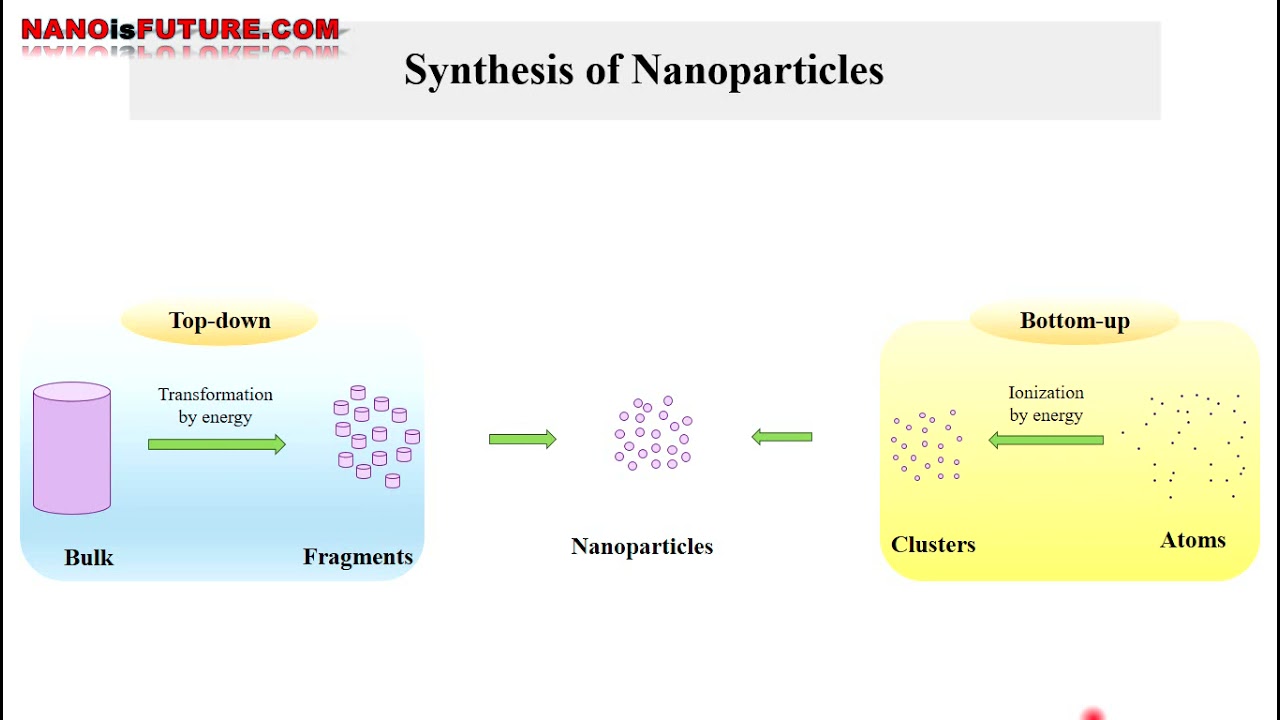Nanomedicine, a new interdisciplinary field that lies at the junction of nanotechnology and medicine, opens up enormous prospects in health. One of the most stimulating areas of nanomedicine is the utilization of synthetic nanoparticles in vaccines and immunotherapy. These tiny wonders, counted in thousands of nanometers have revolutionized the healthcare industry by augmenting our disease-fighting potential and our immunity.
Synthetic Nanoparticles: The Building Blocks of Future’s Medicine
In recent years, researchers and pharmacologists have been working on the use of synthetic nanoparticles for vaccines and immunotherapy. These miniscule wonders of science mimic and engage with biological systems offering incredible potential in medicine.
Synthetic Nanoparticles for Vaccine Delivery
Efficient delivery vehicles like synthetic nanoparticles are one of the main advantages of nanoparticles in vaccines. The antigens are the substances that stimulate an immune response. These nanoparticles may encapsulate the antigens to protect them from degradation. The process enhances the stability characteristics of vaccines as well as regulated antigen release. As a result, vaccine formulations become stronger and more effective.
For instance, the great achievement of lipid-based mRNA vaccines like those that have been applied in COVID-19 prevention. These vaccines use synthetic lipid nanoparticles as carriers of mRNA encoding the viral spike protein. The delivery system developed was highly efficient in stimulating strong immunity responses that protected the virus. To understand more about lipid-based mRNA vaccines and their prospect as anti-cancer vaccination you may also refer to the specialized resources offered by Power of Particles.
Enhancing Immunotherapy with Synthetic Nanoparticles
The innovative approach to disease treatment called immunotherapy is also taking advantage of the powers of artificial nanoparticles. These nanoparticles are easy to customize to deliver a particular drug or go after the immune cells. Nanoparticles can deliver chemotherapy directly to tumor sites, which initiates a local immune attack on the cancer cells. Besides, this method reduces injury to unaffected tissue and helps the body fight off the disease.
Synthetic nanoparticle applications in immunotherapy are numerous and diversified. The capacity to fine-tune the immune system and direct therapies to designated sites is critical in fields ranging from oncology to autoimmune disorders.
The Future of Medicine: the potential of synthetic nanoparticles
This implies that a huge milestone has been made in medical science by integrating nanoparticles into vaccines and immunotherapy. These infinitesimal particles are revolutionizing treatment delivery as well as the development of new more targeted therapies that will potentially be less intrusive.
With research progressing, there will be more astonishing success stories emerging in the domain of nanomedicines. Scientists continue developing novel engineered and designed nanoparticles with specific applications in vaccine delivery and immunotherapy.
Exploiting the full potential of synthetic nanoparticles.
Synthetic nanoparticles have tremendous potential in vaccines and immunotherapy. These traits make them ideal as an efficient way of delivering drugs, immunomodulation, and precise sites for targeting various diseases.
Visit Power of Particles for more on exploring the full potential of nanoparticles in vaccines and immunotherapy. The dedicated portal includes top articles by world experts on nanomedicine who offer invaluable knowledge and information about current trends.
Conclusion:
Summing up, we find ourselves at the doorsteps of a revolution. Their capacity to boost the efficacy of therapeutic agents, stimulate robust immune responses, and direct precise therapies to the affected spots redefine the healthcare delivery arena. The development of modern medicine has begun, and the synthesis of artificial nanoparticles is an important point for the improvement of the medical process.
Frequently Asked Questions (FAQs)
Q 1: Synthetic nanoparticles, are they, and their application in vaccines/immunotherapy?
Typically, synthetic nanoparticles are man-made structures that are usually on the order of nanometers. They can encapsulate antigens for efficient delivery in vaccines and transport drugs or target immune cells for precision treatment in immunotherapy.
Q 2: What do synthetic nanoparticles do in enhancing vaccine stability and efficacy?
The antigens are protected from degradation by being encapsulated in synthetic nanoparticles. As a result, the antigens are released in a controlled manner as required, thus improving the effectiveness of the vaccine formulations.
Q 3: Do you have any examples of synthetic nanoparticles in vaccines?
Synthetic lipid nanoparticles encapsulating mRNA encoding the viral protein is a new technology, which shows the high efficacy of lipid-based mRNA vaccines, like COVID-19.
Q 4: The role of nanoparticles in cancer immunotherapy.
Synthetic nanoparticles can be loaded with chemotherapy drugs and precisely delivered to the tumor site to trigger immune responses against cancer cells in cancer immunotherapy. By doing so, collateral injury is minimized thus reducing the body’s immunity against the disease.
Q 5: Can any other disease respond positively towards immunotherapy involving synthetic nanoparticles?
Immunotherapy using synthetic nanostructures may be applicable in many diseases, like autoimmune disorders, with the need for specific modulation of the autoimmune system.
Q 6: Is there a possible harm associated with synthetic nanoparticle vaccines and immunotherapy?
Although synthetic nanoparticles have exhibited potential, there are ongoing safety assessments to guarantee that utilizing them for clinical purposes is safe and proficient.
Q 7: What are the latest studies on nanomedicine applications and how far has the technology come to improve healthcare?
Ongoing work in engineering synthetic nanoparticles for specific applications expands the potentiality of vaccines as well as immunotherapy.
Q 8: What are the difficulties involved in increasing synthetic nanoparticle production for medical use?
These challenges comprise guaranteeing the standardization of nanoparticles and their compliance with regulatory standards required for clinical practice.
Where can I find the latest information regarding synthetic nanosystems as vaccines and therapies?
Ans: Sites such as The Power of Particles offer detailed articles and materials by renowned scholars.
Is the future promising for synthetic nanoparticles in medicine?
Ans: The future will be even brighter as more research and innovation are being done to unlock the potential possibilities that will transform healthcare using nanoparticles.

